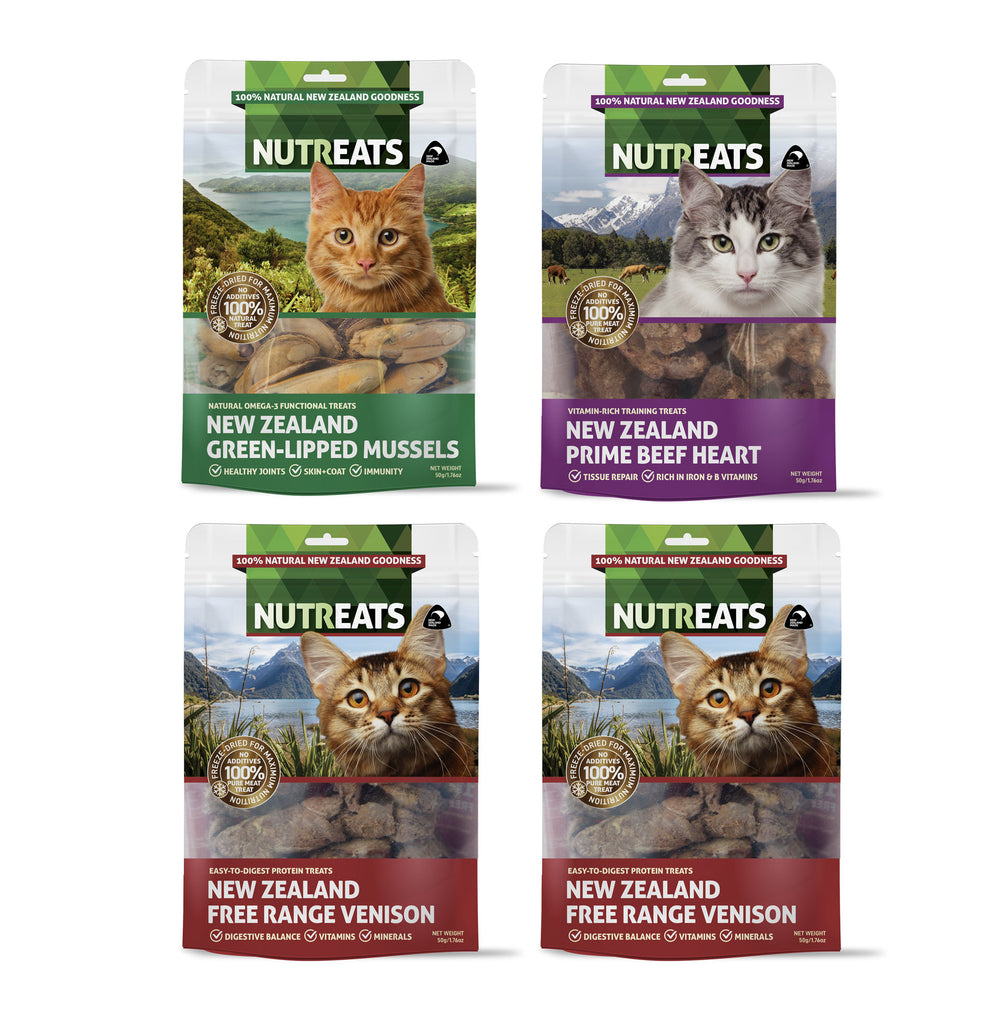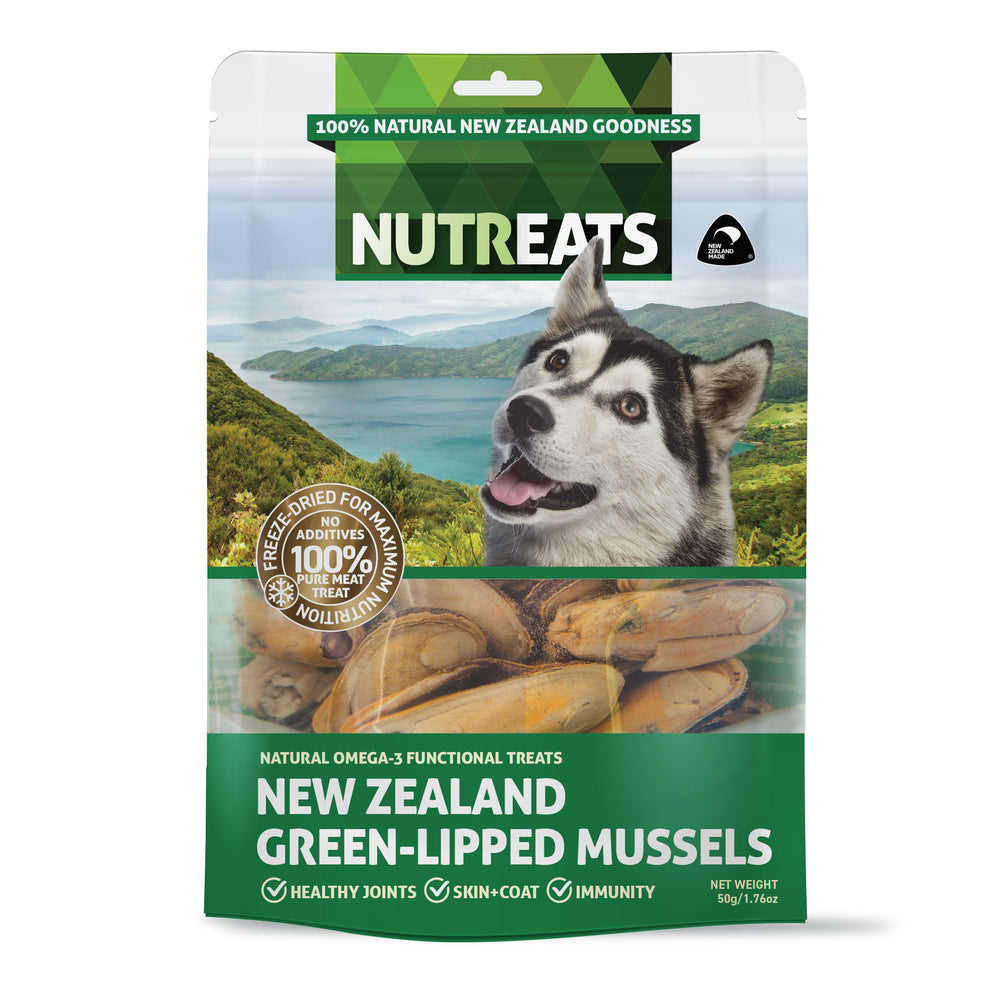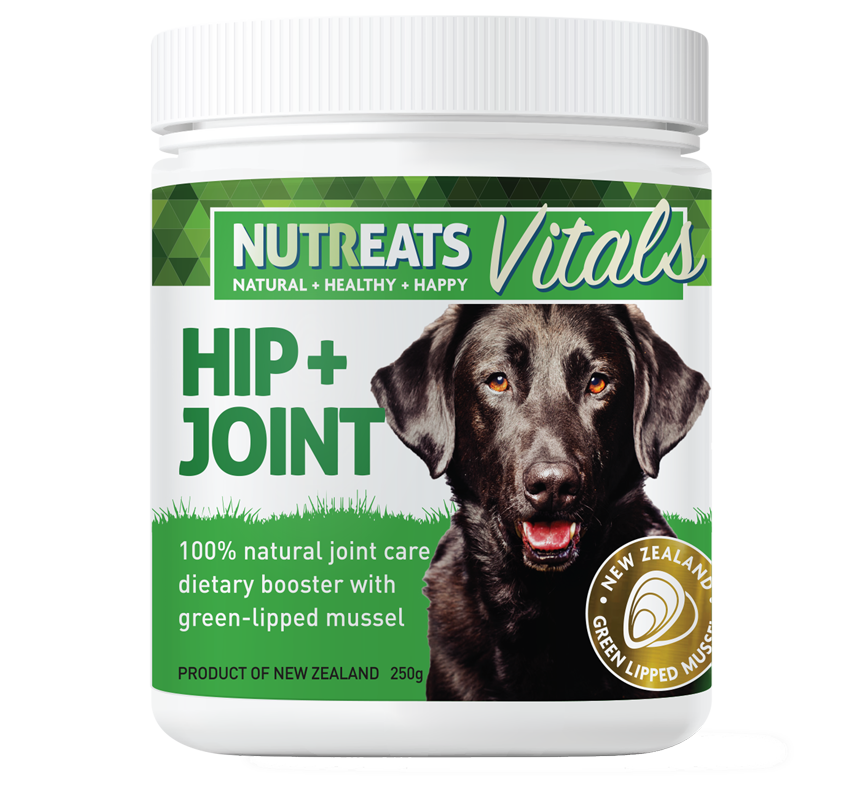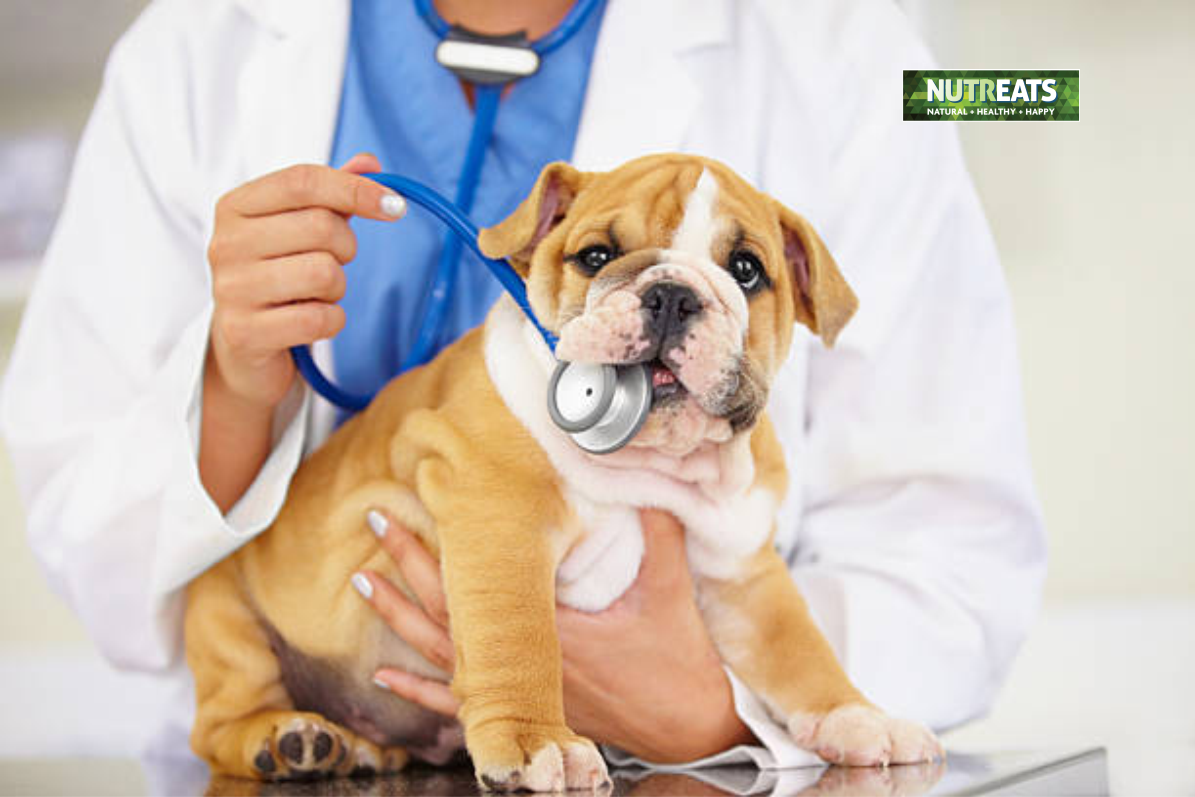If your dog or cat is on a raw meat diet, there are specific considerations to keep in mind. Raw diets, while potentially offering a range of benefits, might not always provide all the necessary nutrients in the right balance. Therefore, certain supplements might be beneficial:
Calcium and Phosphorus: Raw diets, especially those without bones, can be deficient in calcium. It's vital to balance the calcium-to-phosphorus ratio to support bone and overall health. If the diet doesn't include bone, a calcium supplement is essential.
Essential Fatty Acids: While raw meats can offer good levels of fatty acids, ensuring a balanced omega-3 to omega-6 ratio is crucial. Fish oil or flaxseed oil can be added to ensure your pet gets beneficial omega-3s.
Vitamin E: If you're supplementing with fish oil for omega-3s, adding vitamin E is advisable as fish oil can deplete the body's vitamin E stores.
Iodine: Raw diets might be low in iodine, especially if they don't include sea fish or other iodine-rich ingredients. Consider adding a kelp supplement as a natural source of iodine.
Taurine: Especially important for certain breeds like Golden Retrievers and if the diet doesn't include organ meats, taurine supplementation can be considered to support heart health.
Multivitamins: Even with a well-formulated raw diet, there might be some gaps. A multivitamin can help ensure your pet receives a spectrum of vitamins and minerals.
Enzymes & Probiotics: Raw diets are rich in enzymes, but adding a digestive enzyme blend and probiotics might still benefit some pets, aiding in digestion and gut health.
Always remember, while supplements can be beneficial, they should be introduced with care and under the guidance of a veterinarian, especially when feeding a specialized diet like raw meat.














